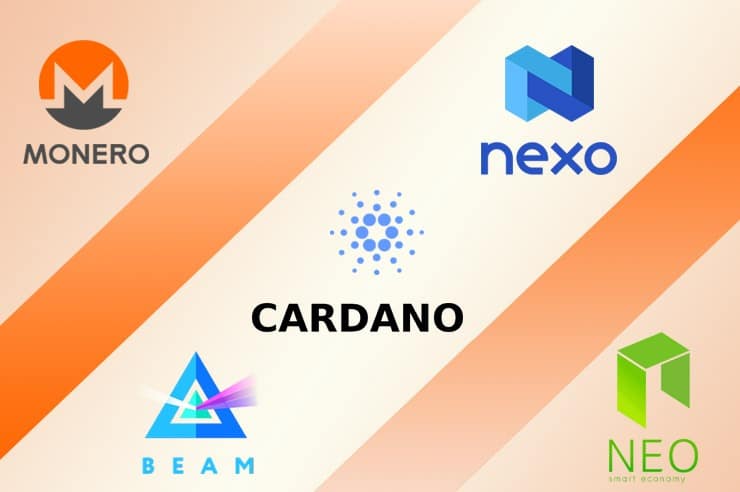When you think about getting a mortgage to buy a home, you likely think of traditional or conventional mortgage options. These are the most common types of loans provided by banks and private lenders that help many Americans achieve their dream of owning a home.
Unfortunately, they are not the answer for everyone. Conventional loans typically have such stringent requirements for credit scores, DTI, down payments, and more that the average American simply cannot obtain them.
Sometimes, even if an applicant meets most of the requirements, they might get denied as they are self-employed or have another type of non-traditional income. When any of this is true, it leaves many Americans feeling like they’ll never own their dream home.
There is another solution, however, that can help, known as non-conventional mortgages. They are open to those who do not qualify for traditional mortgages as they typically require a lower down payment, accept lower or non-traditional income, and require lower credit scores. The following are just a few examples.
FHA Loans
FHA loans are loans that are backed by the Federal Housing Administration for those that can’t meet traditional mortgage requirements. They require a lower down payment and lower credit scores and are more flexible with DTI ratios.
Conventional mortgages typically require a minimum of a 620 credit score and a 5 percent to 20 percent down payment of the purchase price. You can get an FHA loan with as low as a 500 credit score if you can pay 10 percent down. If your score is 580 or higher, you can pay as little as 3.5 percent down.
It’s important to understand that these requirements are set forth by the FHA, so you can obtain a loan meeting these requirements. However, the FHA does not provide loans. Instead, they work through mortgage lenders.
What this means is that while the FHA is more relaxed on their requirements, the lender itself might not be quite as relaxed. For example, some might not accept a score lower than a 580. It’s important to shop around with lenders to find one that will work with your situation. As long as you meet the FHA requirements, there is a lender out there who will accept you.
VA Loans
VA loans are also provided through lenders but backed by the U.S. Department of Veteran’s Affairs. They are designed to help active and former military personnel achieve their dream of homeownership.
One of the greatest benefits of VA loans is that they do not require a down payment. They have more relaxed credit requirements and can be used to purchase or refinance a home.
There is a common misconception about VA loans, though. Most people think that you can only qualify for the program one time. This is simply not the case. Once approved for the benefit, you can use it consistently, as long as you are meeting the payments and requirements.
If you or your spouse are an active or former military member, take the time to learn more about VA loans. They just might be the answer to making your dreams come true.
USDA Loans
USDA loans are an interesting non-conventional loan type that is designed to help low and moderate-income families buy a home. They are backed by the U.S. Department of Agriculture and are designed to help populate rural areas.
There are a few requirements with USDA loans. The first of which is that the property you are looking at will need to be in a rural area. The USDA provides a map to help you locate these areas around the country. Additionally, this cannot be a vacation or second home. It has to be your primary residence.
Your income is also factored in. Of course, they want to see that you can afford the payment, but there is another reason that income is important for these loans. They are only provided to families that are in need, so your income has to be at or below 115 percent of the area’s median income. It’s also based on your household size.
Also, most lenders want to see a credit score of around 640. However, you can sometimes override this if you can provide proof of good payment history. For example, if you’ve been renting for the last several years and your landlord will give you a good reference, it can help.
In truth, these credit requirements are a guideline, but approval is on a case-by-case basis. Don’t let the credit score scare you away. If you meet the other requirements, you might be able to work with the lender in the credit area.
It’s important to note that these non-conventional loans are designed to help homebuyers. Part of that is ensuring that the property is up-to-code and livable, so you’ll likely go through a thorough inspection of the home before approval comes through. Remember, though, that it is in your best interest.



